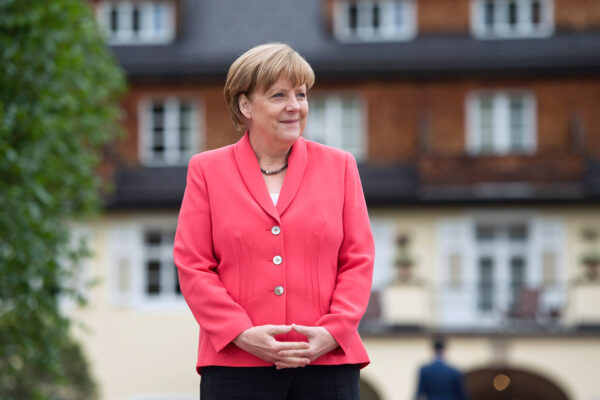
The headline-grabbing news from Germany this weekend was the return of the far right, which won seats in the national parliament for the first time since 1961.
But the bigger — and more reassuring — story of the election was the fragmentation of the German political landscape.
The Christian Democrats and Social Democrats, once faraway the two largest parties, won only 56 percent of the seats combined. A record seven parties (counting the Bavarian Christian Social Union separately) crossed the 5-percent election threshold. Four parties will probably be needed to form a coalition government — another first in postwar German history.
This might look like instability, but it actually underscores the resilience of multiparty democracy.
Consider the alternative
Two-party systems are polarizing by design. They force voters to pick one of two sides, reduce complex political issues to either-or solutions and make it possible for extremists to take power by hijacking a major party.
Multiparty systems avoid this. They reflect the diversity of the electorate as well as the multiple sides to a given issue, and discourage radicalization.
In Germany, the far-right Alternative won 12.6 percent of the votes on Sunday, giving it 13.3 percent of the seats in parliament. To grow, it would need to moderate its positions and appeal to center-right voters.
Tradeoff
The tradeoff is that multiparty democracies are more difficult to govern. They require (lengthy) negotiations to form a coalition government, which can collapse when the ruling parties fall out.
In America, a party that controls both the presidency and Congress can implement its program with little resistance.
Britain is sometimes called an “elective dictatorship,” because there is so little to stop a prime minister with a majority in the House of Commons.
Stabilizing
However, coalitions are also stabilizing in that they avoid wild swings to the left or right and give the vast majority of voters a sense they are being represented.
In two-party systems, half the electorate can be completely powerless for two or four years, stirring fear and resentment.
In multiparty systems like Germany’s, that resentment is confined to the fringes.
